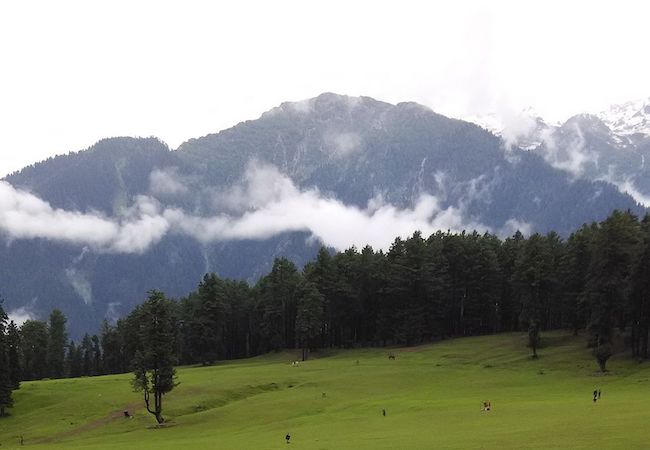
By Uzge A. Saleem
The political and strategic activities of the South Asian region have been on a high for the past week or so. The region faced a very unfortunate incident on 14thFebruary, 2019 when 40 Indian soldiers were killed in an attack in Pulwama, India. The already torn region of Kashmir faced yet another blow and has been in turmoil since the attack. The 14thFebruary attack somehow translated into more violence against the innocent civilians of Kashmir. Not only Kashmir but other cities of India have also been actively involved in hate crimes against Muslims, particularly Kashmiri students. BBC news reported the violence against students from Kashmir in various universities across the country and how they were being thrown out of their residences.
The attack has been condemned by all alike, however, the Indian nation has assumed Pakistan to be behind the attack. The Prime Minister Nirendra Modi has given his two cents on the matter and his words seem to be clearly motivated by his desire to cash this unfortunate incident for a win in the upcoming Indian general elections. India’s highest Diplomat in Pakistan has also been called back and the action has been reciprocated by Pakistan as well. As we break down the current rush of hostilities between the two nuclear neighbors there are mainly two theories revolving around. The Indian theory is short and bitter, it claims Pakistan is responsible because it is an irresponsible state that provides safe havens to terrorists. The group linked to this attack has also been declared close to Pakistan’s agencies on many occasions. The theory is evidently childish and sounds like it is being repeated for the 100thtime with no solid proof or credible information yet again. The mere allegations have brought no good but unfortunately India’s higher names are set on fueling the age old fire for their petty gains.
We have a theory from Pakistan’s side as well. Although it is not an official theory nor has it been discussed by any of the higher leaderships publicly but it is nonetheless doing the rounds in the policy circles. It claims Indian officials themselves were involved in not only the Pulwama attack but the less spoken of, Iran attack as well. Both the attack were significantly close to Pakistan’s Eastern and Western borders. This is something the state of Pakistan would not bring upon itself at such a crucial time when the security situation of the state was desired to be at its best for the arrival of the Saudi crown prince, Muhammad Bin Salman. The visit was not only a remarkably significant diplomatic achievement for Pakistan but was also very significant for the South Asian region and Muslim countries around the globe. In times like this when the state of Pakistan was consumed in making preparations for the arrival of the Prince it would be a rather immature strategic move to involve itself in something so disastrous and fragile at the same time. However, some believe Indian officials planned this to create unrest in the region as an attempt to halt the Prince’s visit.
The visit, however, took place anyway and was a rather successful one. Not only were MoU’s signed between the leadership of Pakistan and the Royalty of Saudi Arabia but mechanisms to implement the MoU’s were also chalked out. The spontaneous release of 2107 Pakistani prisoners from Saudi prisons n the request of Pakistan’s prime minister was a clear show of the blooming Saudi-Pak relations. It not only took the friendship and trust between the two nations to new heights but created a new sense of love and respect for the Prince amongst the general public of Pakistan which has not been seen so evidently before. The prince being awarded with the highest civil award of Pakistan marks the utmost success of the visit which did not settle well with many of the self-proclaimed key players of the region. The prince has plans to visit India as well where it is expected that peace between India and Pakistan would be suggested as a key desire. It can also be expected that India’s leadership would take this opportunity to trade peace in return of other favors from the Saudi delegation. Regardless of the absurd reaction from the neighboring country, Pakistan has remained calm and acted with utmost maturity during the entire blame game. Regardless of knowing very well how capable the Pakistani army is, the state has made no loose remarks and has also recorded its reservations against India’s escalating remarks in a letter penned down by the Foreign Minister of Pakistan to the General Secretary of the United Nations. Pakistan always has, still does and always will promote peace and prosperity in the region.
Uzge A. Saleem is a Researcher at Strategic Vision Institute




